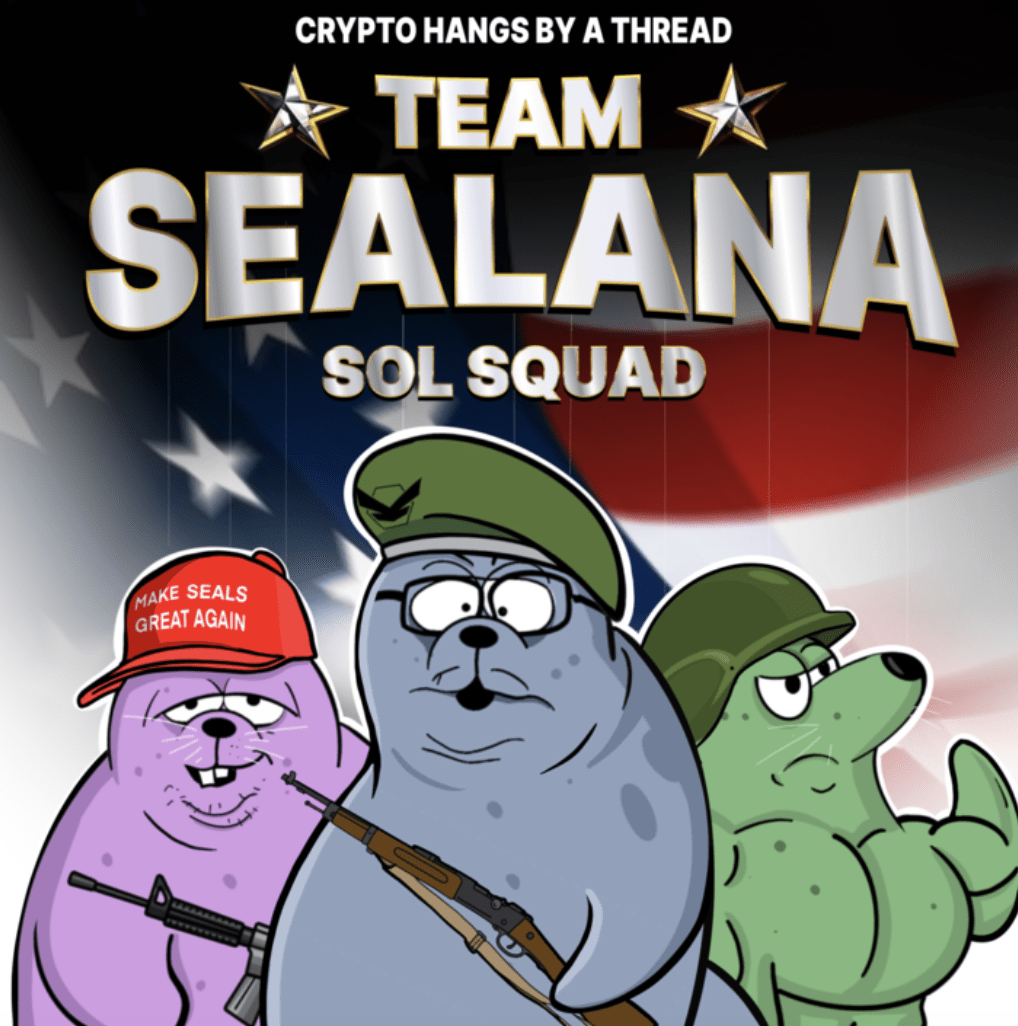Table of Contents
- Venezuela’s Response to Sanctions
- US Pressuring Venezuela For Electoral Reforms
- Oil Minister Speaks For Digital Currencies
- Challenges and Skepticism
Venezuela's PDVSA turns to Tether to navigate US sanctions, aiming to safeguard oil transactions despite global skepticism and concern over reliance on intermediaries.
Venezuela’s Response to Sanctions
In a strategic maneuver to circumvent US sanctions, Venezuela has opted to employ cryptocurrency, specifically Tether (USDT), for its international transactions, primarily for its state-run oil company, Petróleos de Venezuela (PDVSA).
With traditional economic avenues closed off by the US sanctions, Venezuela has shifted its focus to cryptocurrency, specifically Tether (USDT), to conduct international transactions, especially for oil sales.
This strategic move aims to mitigate potential disruptions caused by sanctions. It aligns with the global trend of integrating cryptocurrency into international trade, even though it's still in its nascent stages.
US Pressuring Venezuela For Electoral Reforms
The US recently enforced sanctions targeting Venezuela, aiming to restrict financial transactions and freeze foreign bank accounts holding proceeds from Venezuela's oil sales. This move by the US is not isolated but rather reflects a global trend, part of Washington’s strategy to pressure Venezuela into political reforms, notably in electoral processes.
The US Treasury has also decided against renewing the general license for PDVSA, setting a deadline for the company to cease operations by the end of May.
Oil Minister Speaks For Digital Currencies
According to Pedro Tellechea, Venezuela’s oil minister, the country is using various currencies for different contracts, with digital currencies emerging as the preferred mode of payment in certain cases.
Under Tellechea's leadership, Venezuela’s oil exports have seen an increase, reaching around 900,000 barrels per day in March, the highest in four years. PDVSA has adapted its oil transactions, moving many spot deals to a contract model that demands prepayment for half of each cargo's value in USDT.
Challenges and Skepticism
However, the transition to USDT faces challenges, especially in the trading sector. Large transactions, such as oil sales conducted in USDT, are still uncommon and are met with skepticism among traders.
One oil trader stated,
“USDT transactions, as PDVSA is demanding them to be, don’t pass any trader’s compliance department, so the only way to make it work is working with an intermediary.”
This reliance on intermediaries poses a risk as they take their share, potentially reducing the portion of oil proceeds reaching PDVSA's accounts. Despite these challenges, PDVSA has enforced a requirement for any new customer involved in oil transactions to hold cryptocurrency in a digital wallet, even in older contracts that didn’t specify the use of USDT.
Disclaimer: This article is provided for informational purposes only. It is not offered or intended to be used as legal, tax, investment, financial, or other advice.
Investment Disclaimer










